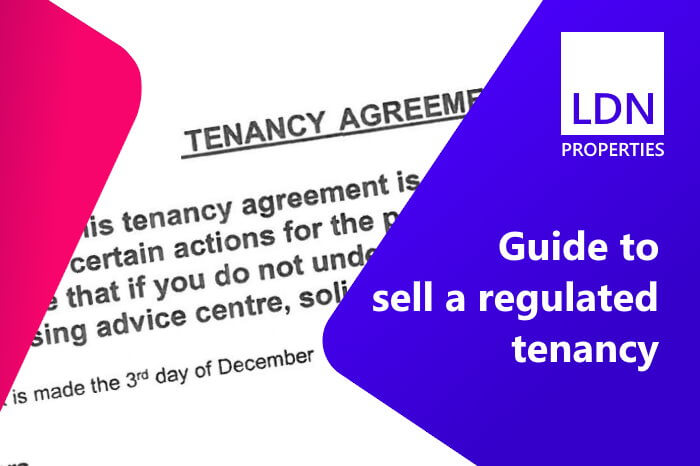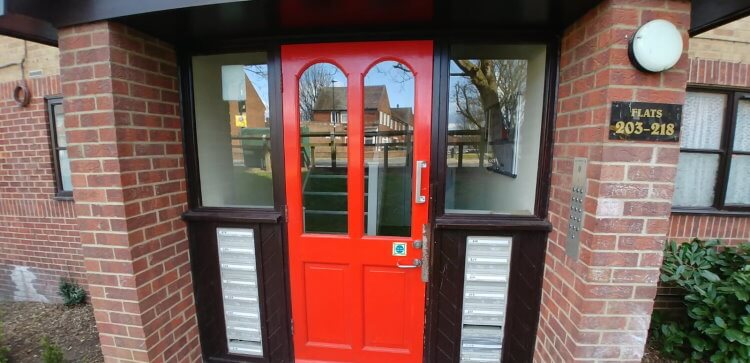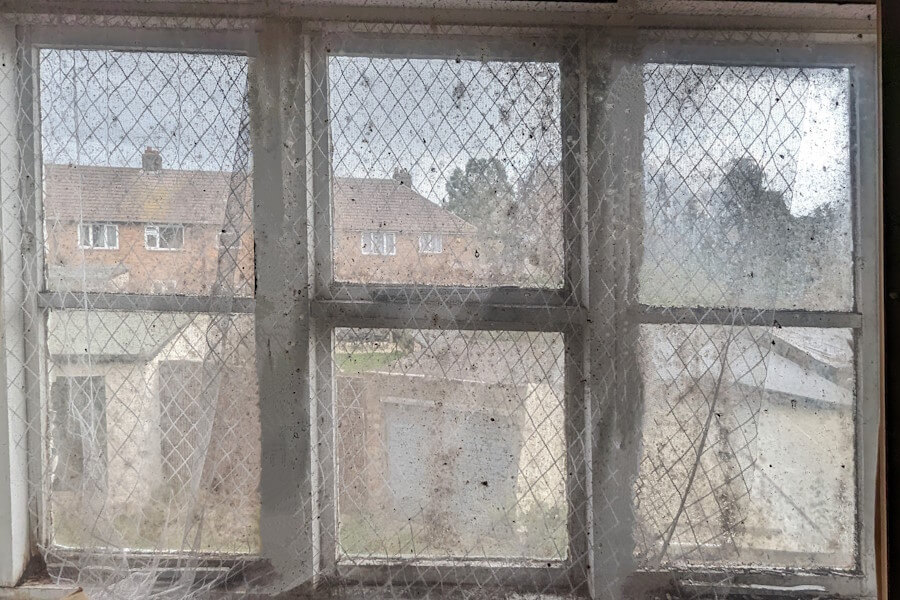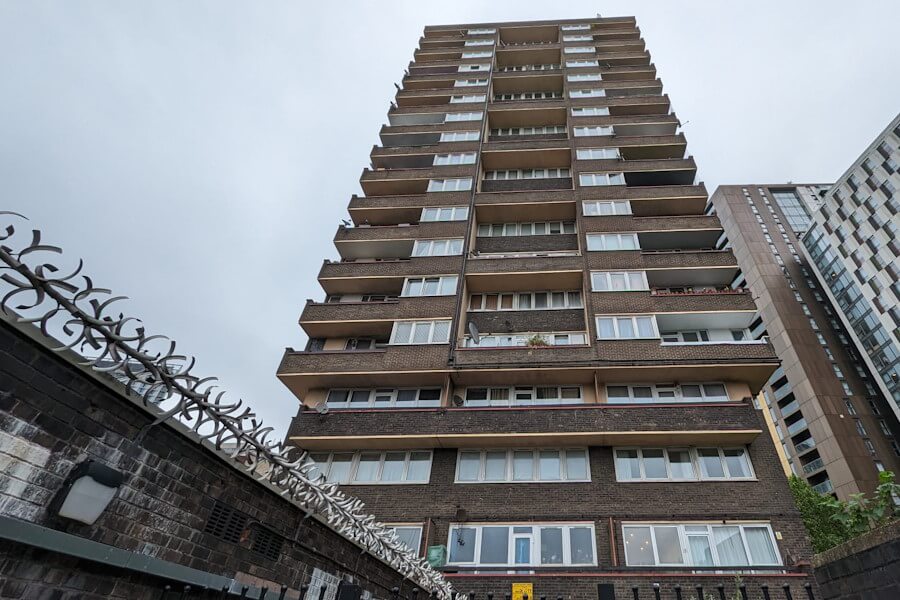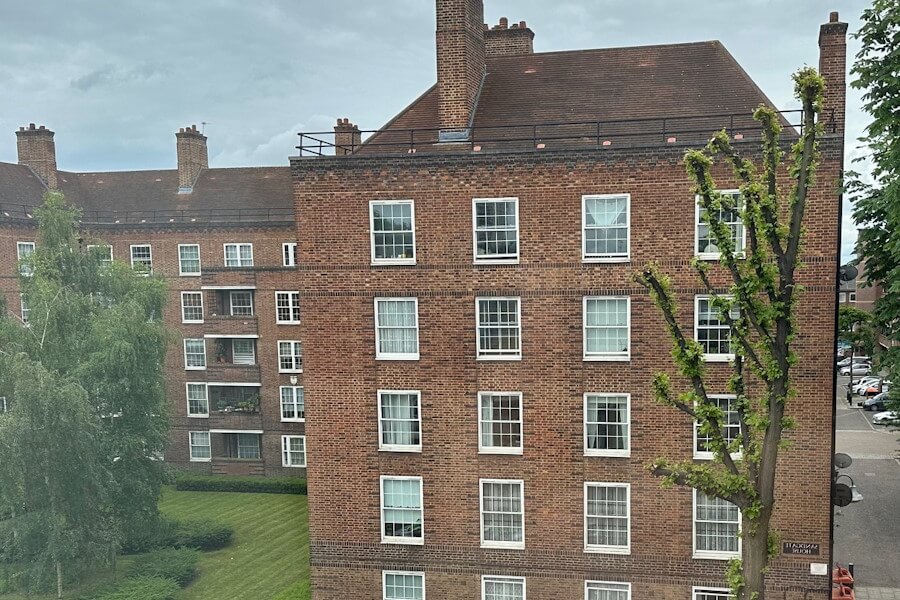Selling Property with a Regulated Tenancy
With different types of tenancies in the UK, you may be looking to sell a property with a regulated tenancy.
Call 020 7183 3022 for your FREE sale price estimate
Your top questions when selling property with a regulated tenancy
✅ How are properties with regulated tenancies defined?
The vast majority of residential property lettings by private landlords who do not live on the premises that commenced before January 15, 1989, are considered to be regulated tenancies, where the tenant has the right to live in the home for their lifetime, typically at a reduced rent. This means the landlord effectively has no lawful way to evict the tenant from the home.
✅ Have any restrictions been issued for regulated tenancies?
Yes, from January 15, 1989, onward almost all new residential property lettings are defined as either assured shorthold tenancies or assured tenancies, and regulated tenancies can only be obtained in a very narrow set of circumstances. These types of properties are considered more attractive to potential buyers than houses or flats that have regulated tenancies.
✅ Why are properties with regulated tenancies considered harder to sell?
Many buyers are wary of purchasing these properties because there is often no legal way for a landlord to remove the tenant who has a lifetime right to live in the home. As a result, many if not all mortgage lenders are likely to refuse to issue a loan to buy the property, because it is considered to be much less valuable than a vacant home or property with a regular tenant.
✅ Are there any benefits with buying a home that has a regulated tenancy?
Yes, even though properties with regulated tenancies might be considered less attractive to many buyers, they still have certain benefits for some people. The tenants in these properties are generally considered to be more reliable and easier to live with than those in shorter-term tenancy agreements, and they can therefore be a stable option for residing in the home.
✅ Can a regulated tenancy at a property be passed on to the tenant's relatives?
Sometimes, and it will typically depend on the specific terms of the initial regulated tenancy agreement between the landlord and the tenant who has the right to live in the home for their lifetime. If a tenant’s next of kin is allowed to live in the property then they will also likely be able to do so for their own lifetime, although likely now having to pay an increased market rate rent.
✅ Will I have to pay a fee when selling my property with a regulated tenancy?
Not necessarily. If you try to sell your property through an estate agent or auctioneer then yes, you will be expected to pay them commission for their work, and this will have to be subtracted from the sale proceeds in order to find out your net profit. But if you sell your house or flat to a fast buyer like LDN Properties then you’ll pay zero fees and will get to keep all of the proceeds.
✅ What is the fastest method for selling a home with a regulated tenancy?
If you use an estate agent then you could be waiting many months or even longer before you get a serious offer from a buyer. Selling through an auction can often take at least a couple of months. Choosing a fast buyer is often the speediest option because it should only take a handful of weeks to complete the process.
Latest guides
We’re rated as Excellent
Reviews.co.uk provide independent reviews from other people just like you!
"Successfully sold two properties direct to LDN Properties in the last two years. Genuine and trustworthy people and the dealings were straightforward." – Thomas from London

LDN Properties Limited, Linen Hall, 162 Regent St. London W1B 5TD
Company No. 04636129. ICO No. Z7733416. Ombudsman No. D12463.
Copyright 2003 to 2024
